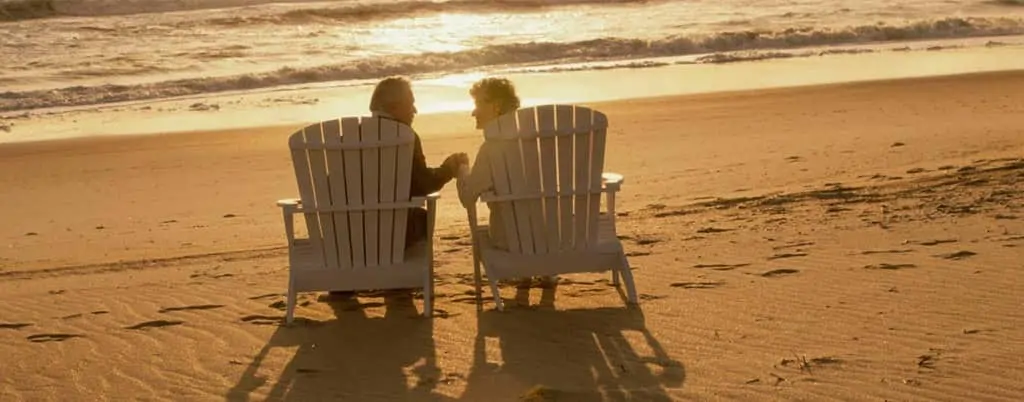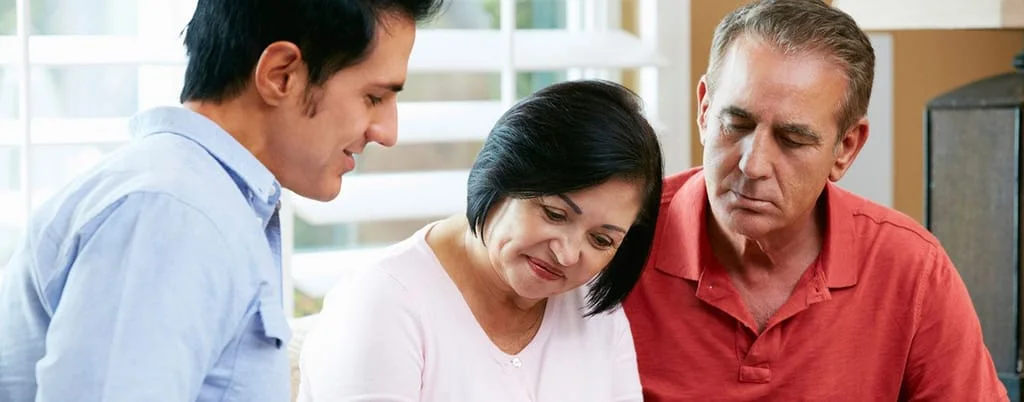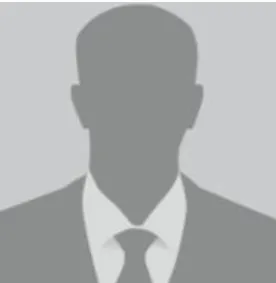Accomplished Brick Attorneys Address Estate Planning Concerns for Clients of All Ages
Knowledgeable New Jersey lawyers assist with long-term care planning
Serious health issues and/or an unexpected death can leave you and your loved ones with complicated and overwhelming legal issues. At Brogan Law Group in Brick, we are skilled at helping our New Jersey clients achieve their goals and alleviate their concerns. We represent individuals throughout Ocean and Monmouth Counties in estate planning and elder law matters. With more than 60 years of combined legal experience, we can anticipate potential legal problems and develop comprehensive plans that give both you and your loved ones some peace of mind. Whether you need help with Medicaid qualification, administering a trust or planning for long-term care, we can help.
Dedicated counselors offer compassionate and responsive representation to Monmouth and Ocean County residents
The thought of putting your affairs in order can feel intimidating and hopelessly complicated. We strive to give each client the support they need to feel confident in their decisions, and deliver thorough and reliable representation in the following areas:
- Elder law — Seniors can find themselves in vulnerable positions and in need of protection and assistance. We are extremely experienced at helping aging clients and their families with elder law matters, including Medicaid eligibility and long-term care planning, and will determine which legal tools and resources will best address your current and future needs.
- Estate planning — A solid estate plan is a key part of ensuring your wishes are heard and followed after your death. We are skilled at helping you with drafting wills, creating trusts, estate and gift tax planning and drafting powers of attorney documents. Out firm also assists with the probate and estate and trust administration process.
No matter how overwhelming your circumstances may seem, we can accurately assess the most complicated of issues and will use every available legal option to protect your interests.
Contact a respected New Jersey law firm today to schedule your consultation
At Brogan Law Group, we tailor our legal assistance to meet the unique needs of each client and represent individuals across Monmouth and Ocean Counties in estate planning and elder law issues. Call 732-701-9999 or contact us online to schedule an initial consultation at our Brick, New Jersey office.








